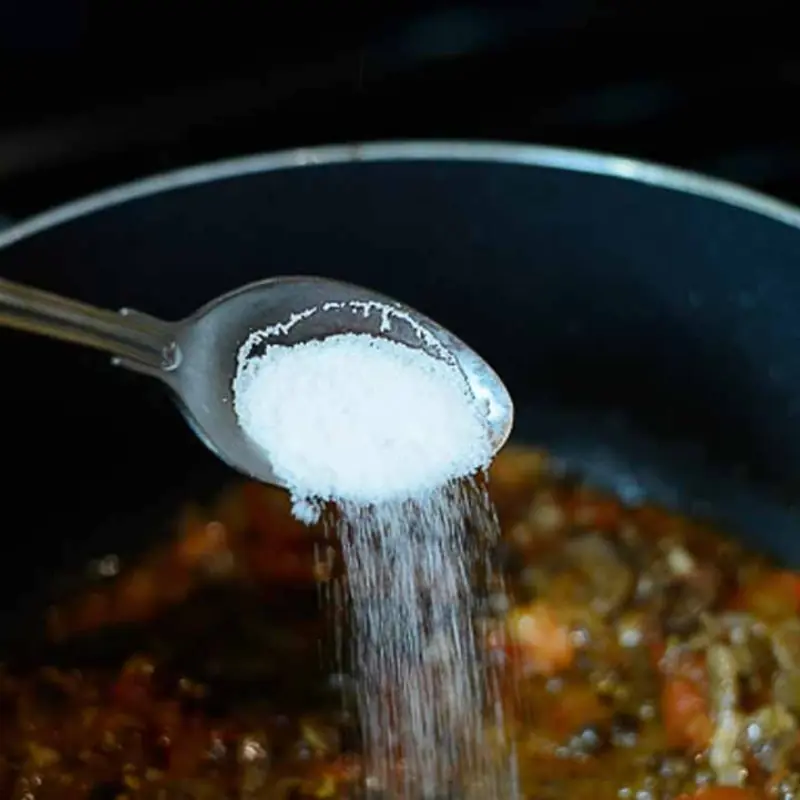
Water heater: Should it be turned on all day or only when needed?

In the cold season, water heaters in households increase their operating capacity. However, some wrong habits when using water heaters cause electricity bills in the winter to skyrocket, even affecting health and increasing the risk of fire and explosion.
Many families have the habit of leaving the water heater on 24/24 hours. Basically, the water heater is always in operation and is continuously powered. The advantage of this is that there is always hot water available in the house, which is very convenient for use.
Although the amount of electricity to heat enough water for use is not too much, if the device is on all day, the electricity bill will definitely increase.
The water heater heats water like an electric kettle. When it reaches a certain temperature, the thermal relay of the water heater will automatically turn off. However, the water heater will cool down slowly if not used. If the switch is not turned off, when the water cools, the water heater will turn on again to heat the water. This process is repeated continuously throughout the day, leading to a waste of electricity.
In addition to consuming a lot of electricity, the water heater continuously heating water at high temperatures will cause dirt to gradually accumulate. Over time, the water heater will have a thick layer of residue, reducing its heating efficiency.
In fact, the habit of turning on the water heater all day is the leading cause of wear and tear on the insulation, causing the power cut-off system to no longer work effectively, which in the long run can easily lead to electric leakage, which is very dangerous.
Therefore, many repairmen recommend that you turn on the water heater when needed. This helps save electricity and reduce living expenses. Because when the water heater is off, it will not consume electricity. The water in the tank will not be continuously heated at high temperatures. At the same time, turning it on/off when needed also helps reduce wear and tear, prolonging the life of the tank.
However, turning on the water heater when needed does not mean that you can use hot water immediately. Sometimes if you forget to turn on the water heater first, the user will have to wait a long time. Especially in winter, when the washing area and the kitchen are both connected to the hot water pipe, if the water heater is not working, other areas will not have hot water to use.
When adjusting the temperature of the water heater, safety is the top consideration. Too high a temperature can cause burns. When using a water heater in winter, it is best to set the temperature between 45 - 50 degrees Celsius. This is the most suitable temperature for the human body, and also the most energy-saving. On average, for every 10 degrees increase, energy consumption will increase by about 15%.
In addition, heating hot water at too high a temperature for a long time also reduces the life of the device, creates a lot of residue in the water heater, affecting the safety of the user. Accordingly, if the temperature increases by 5°C, the process of creating residue is accelerated. This wastes electricity and time, and is also suitable for some people with skin allergies.
For devices without a temperature setting, it is recommended to turn on the tank 15-30 minutes before use, depending on the tank capacity. When using a water heater, turn it off to avoid the risk of electrical leakage.
Therefore, you should not turn on the water heater all day:
1. Waste of electricity
The basic operating principle of a water heater is to heat the heating wire in the tank to heat the water. Although the device is designed to be more complex and modern, when turned on for too long, it is very easy to leak electricity, leading to dangerous explosions. Therefore, the water heater should not be turned on all day. Then the tank will have the function of heating when the water temperature in the tank drops to a certain temperature.
Currently, there are also many types of water heaters with the ability to retain water from 48h - 72h. Thanks to that, there is no need to turn on the device all day but still have enough water to use.
2. Dangerous when used
In many cases, turning on the water heater frequently causes electrical overload. This leads to other surrounding devices short-circuiting and burning due to unstable power sources.
In addition, 24/7 operation requires the internal components of the device to always operate, leading to the components in the machine operating at full capacity. This causes easy damage, causing electrical leakage to the outside. More seriously, it will cause life-threatening dangers to the user.
3. Reduces the life of the water heater
Leaving the water heater on all day causes consequences that affect the life of the device:
The heating element corrodes faster in a bad water environment. The element quickly becomes scaled, reducing its life and increasing the possibility of electrical leakage from the heating element inside.
The thermal sensor operates continuously for a long time, which will lead to a decrease in accuracy and life of the machine
The best insulation cannot keep the water completely hot for a long time. Therefore, turning on the heater to heat an unnecessary amount of hot water leads to a waste of electricity and can easily cause fire and explosion
The components in the water heater are always in a high temperature environment, which can easily lead to cracking, breaking and a decrease in life.
News in the same category


A little-known secret to keeping ginger fresh and delicious
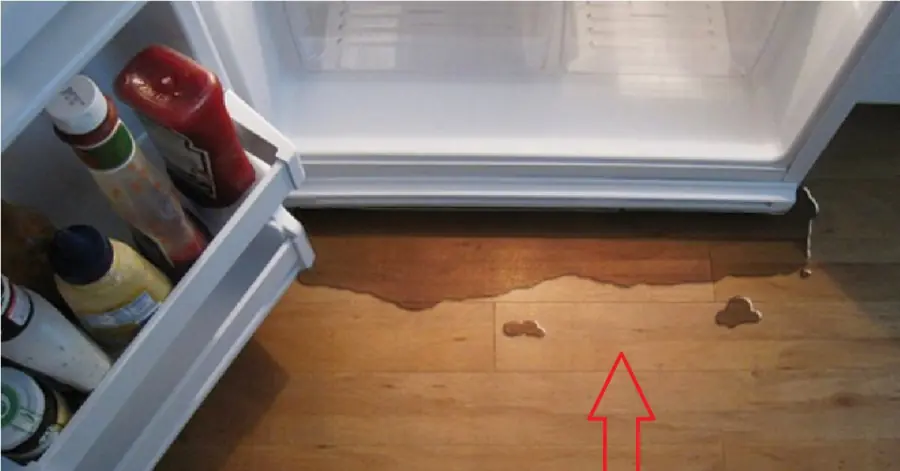
How to fix a leaking refrigerator: Simple solutions and tips to extend its lifespan
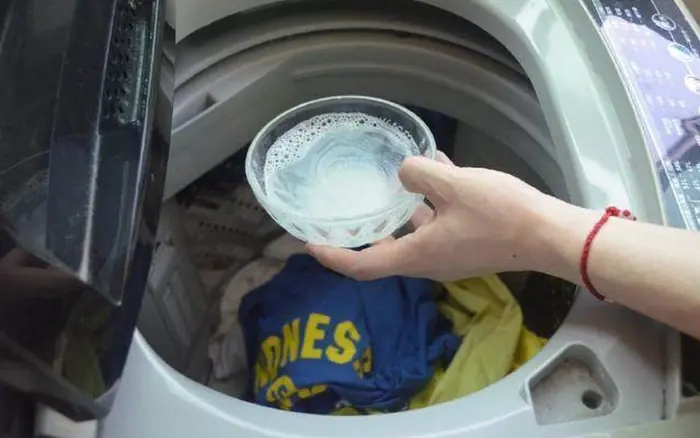
When washing clothes, don't just put in detergent. Let me teach you a little trick

Oranges Are in Season, but Doctors Warn: Never Eat Oranges With These Three Types of Foods
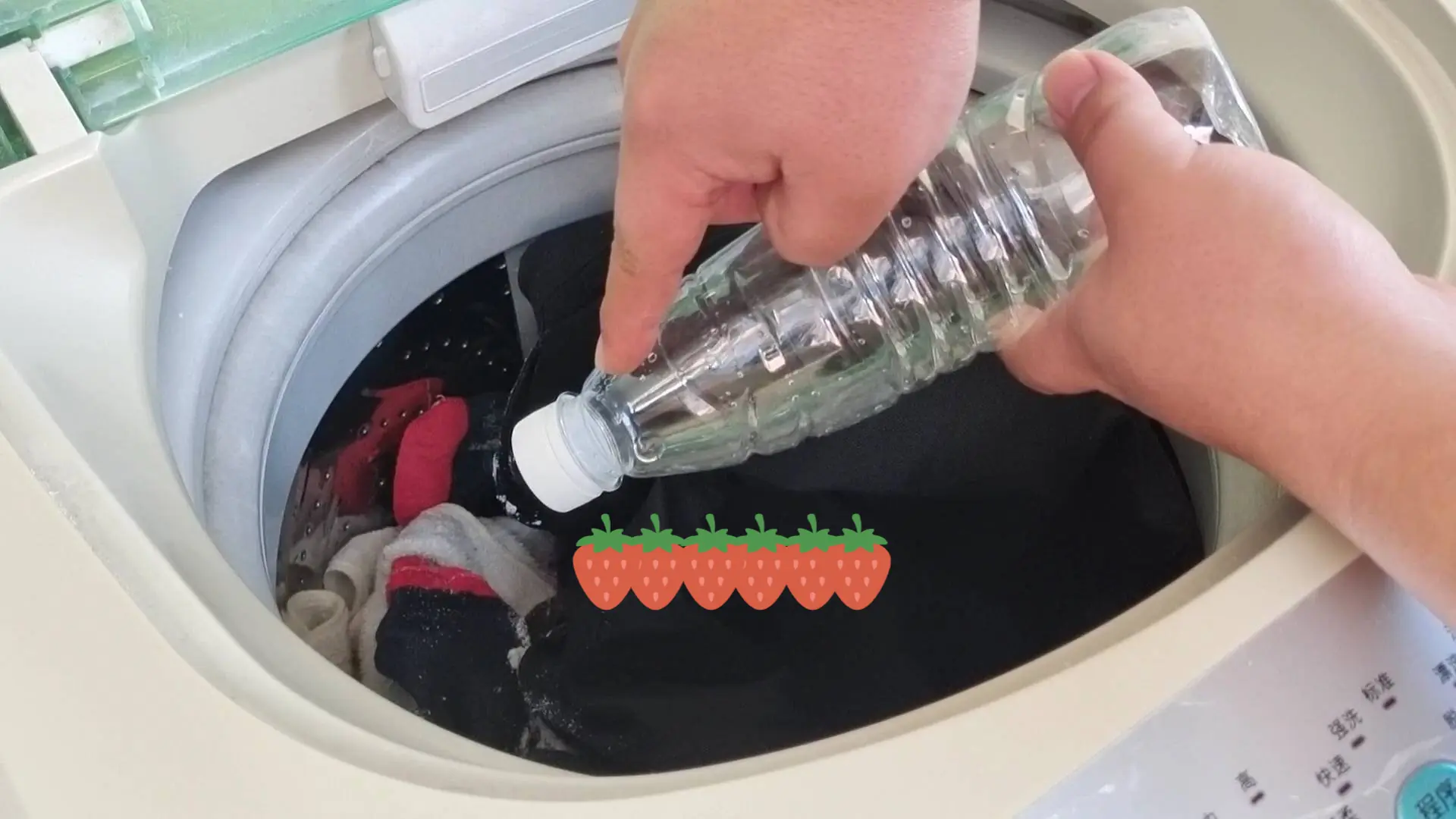
Put an empty plastic bottle in the washing machine — the person who invented this hack must have sky-high IQ
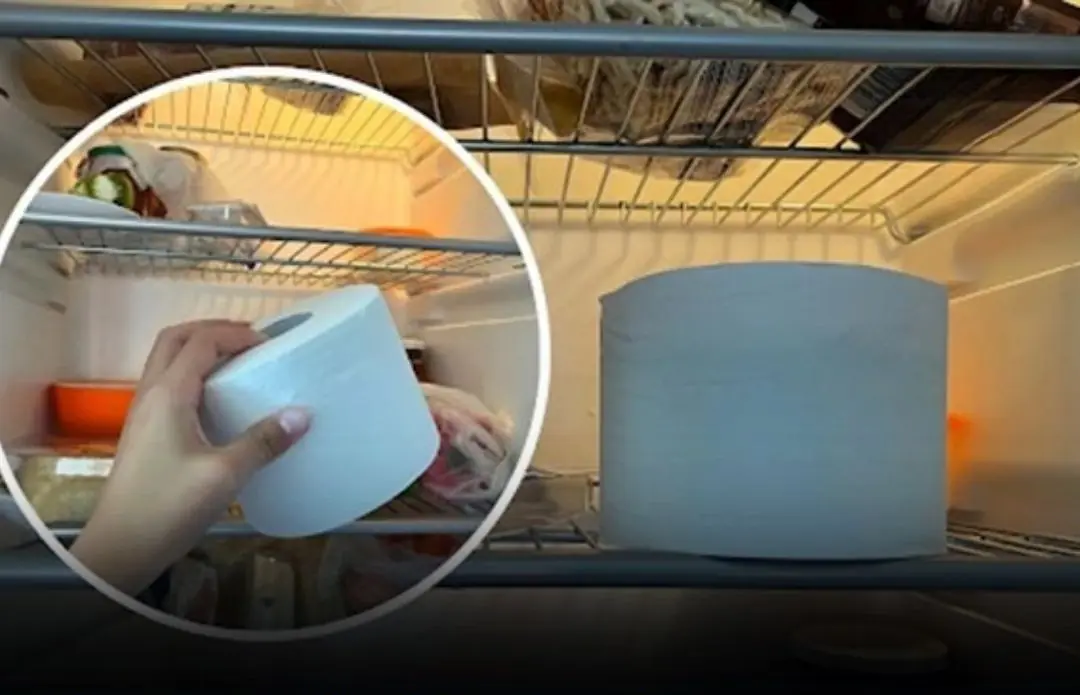
This Surprising Hack Could Save You Thousands

Warm Water Each Morning Can Be a ‘Healing Tonic’—But It Turns into ‘Toxic Water’ If You Drink It in These 3 Harmful Ways

5 Surprising Changes That Happen to Your Body When You Drink Warm Lemon Water Every Morning

Snakes are very afraid of the smell of these 3 plants

When bitt.en by a snake, you should do these things first

There is a “secret button” on your washing machine — pressing it once can cut your electricity bill by 62%

The Phone’s Volume Buttons Have 6 Hidden Functions — Extremely Practical! Not Knowing Them Is Truly a Waste!

Amazing functions that many people don’t know about

3 fast and reliable methods to defrost fish safely and keep it ready for perfect cooking

7 powerful scents that repel snakes and keep your home safe

Put them in your home and mice will run away

Video Feed 7 scents snakes hate: Use them around your home to keep snakes away

7 Terrifying Creatures That Can Crawl Up Through Your Toilet — And How to Stop Them

A complete guide to handling snake bit.es: What to do immediately and why it matters
News Post

Why Does the Vagina Smell Sour? 4 Common Reasons Every Woman Should Know

Doctors Warn: These People Should Absolutely Avoid Eating Pineapple

Fresh Fruit Cheesecake

Added Too Much Salt While Cooking? Don’t Add Water — Use This Ingredient to Balance the Flavor

Christmas Berry Pavlova Wreath
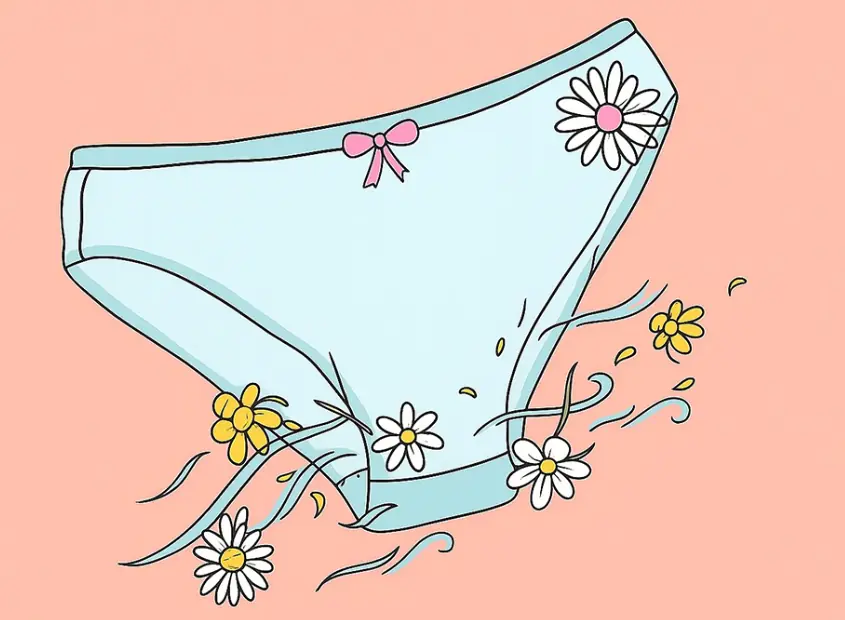
The secret behind the pocket in panties: What it really does for your comfort?

Stuffed Sweet Potatoes with Spinach, Mushroom, & Feta
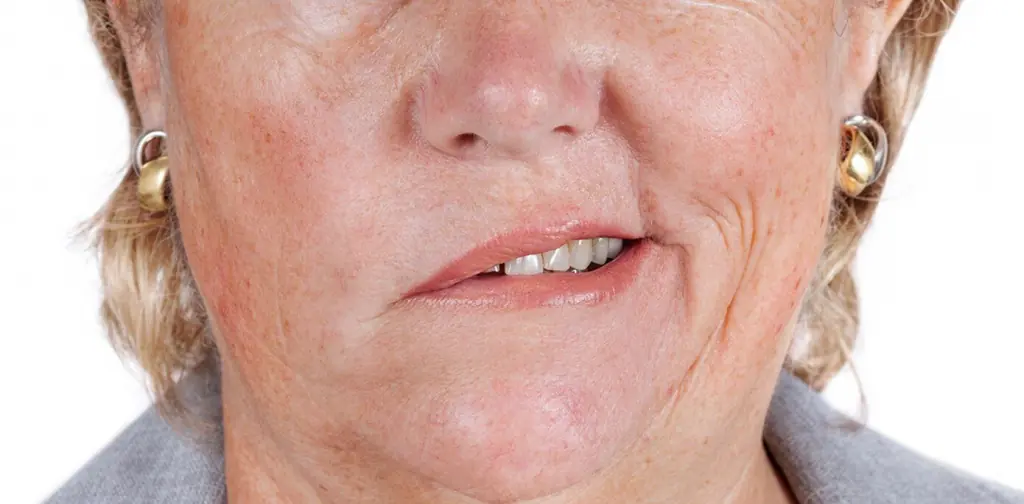
After 40 years old, if you often see 6 symptoms when sleeping, the risk of st.ro.ke is very high

7 anti-can.cer foods you probably don’t know about

20 warning signs of can.cer in women that are often overlooked and knowing them could save your life

A little-known secret to keeping ginger fresh and delicious

Creamy Banana Colada Smoothie

Can humans sense de.ath approaching? Scientists reveal the sh0cking truth

These 10 subtle symptoms could be early signs of blood cancer

Drinking honey at these 4 "golden times" is better than any supplement

Crispy Cauliflower with Herbed Yogurt & Brown Butter

The Surprising Health Benefits of Common Milkweed (Asclepias syriaca): Uses, Nutrition, and Important Safety Warnings

Beware Of Diabetes If You Frequently Experience These 5 Strange Symptoms
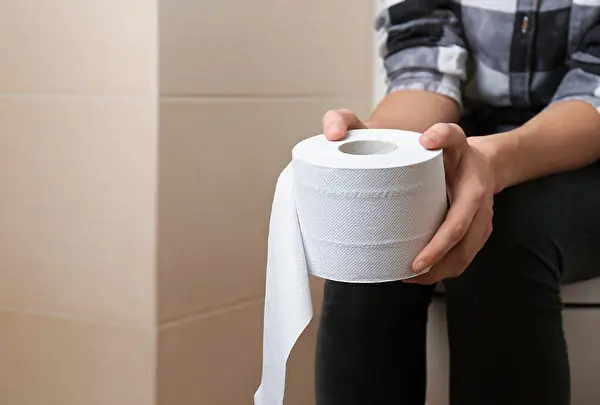
Doctors issue war:ning over everyday bathroom mistake linked to severe medical risks
